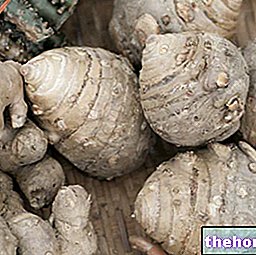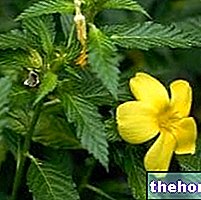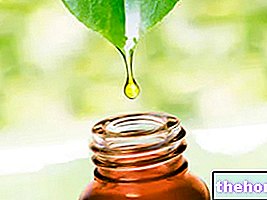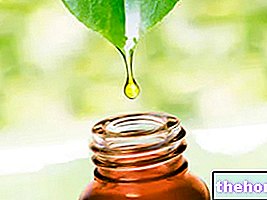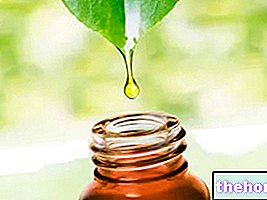
Scientific name
Juniperus communis
Family
Pinaceae
Origin
Temperate and cold regions of the northern hemisphere
Synonyms
JuniperParts Used
Drug consisting of berries (Official Pharmacopoeia).
Chemical constituents
- Essential oil, whose main components are pinene, sabinene, candinene, myrcene, terpinene-4-ol;
- Tannins;
- Diterpenes;
- Proanthocyanidins;
- Flavonoids;
- Diterpenes;
- Resins;
- Monosaccharides.
Juniper in Herbal Medicine: Properties of Juniper
The juniper berries in infusion have a diuretic activity (essential oil); however, there are conflicting data in the literature on the safety of essential oil as such, in relation to the presence of some potentially nephrotoxic hydrocarbons.
Biological activity
The use of juniper has been officially approved only for the treatment of dyspeptic disorders, thanks to the carminative and stomachic action carried out by the essential oil and, probably, also by the resinous substances contained in the fruits of the plant.
However, many other properties are also attributed to juniper.In fact, the essential oil has been shown to have diuretic and anti-inflammatory activity (exerted through the inhibition of the cyclooxygenase enzyme). in the essential oil of the plant.
Furthermore, juniper has been shown to possess hypoglycemic, hypotensive, antiseptic and antiviral properties against "Herpes simplex virus.
However, more and more in-depth clinical studies are needed before similar therapeutic applications of juniper can be approved.
Juniper against dyspeptic disorders
As mentioned, thanks to its stomachic and carminative properties, juniper can be used as a remedy to counteract dyspeptic disorders.
For the treatment of these ailments, juniper must be taken internally. The usually recommended dose can vary from 2 to 10 grams of drug per day, corresponding to approximately 20-100 mg of essential oil per day. However, given the potential toxicity of juniper essential oil, the duration of treatment should not exceed six weeks.
In the event that juniper tincture (1: 5) is used, generally, it is recommended to take 1-2 ml of product three times a day.
N.B .: when juniper is used for therapeutic purposes, it is essential to use defined and standardized preparations in active ingredients (essential oil), since only in this way can you know the exact quantity of pharmacologically active substances you are taking.
When using juniper-based preparations, the doses of product to be taken may vary according to the quantity of essential oil contained. This quantity is usually reported directly by the manufacturer on the package or on the package leaflet of the same product, therefore, it is very important to follow the instructions provided by it.
In any case, before taking any type of preparation containing juniper for therapeutic purposes, it is advisable to consult your doctor in advance.
Juniper in folk medicine and homeopathy
In folk medicine, juniper is used internally for the treatment of inflammation of the lower urinary tract, gout and arteriosclerosis; as well as being used as a remedy to regulate the menstrual cycle and reduce pain associated with menstruation.
Externally, however, juniper is exploited by traditional medicine to combat rheumatism.
The plant also finds uses in homeopathic medicine, where it can be found in the form of granules, drops and glycerine macerate. In this field, juniper is used as a remedy for lower urinary tract disorders, cystitis, kidney stones and digestive disorders.
The amount of homeopathic remedy to be taken can vary from individual to individual, also depending on the type of disorder to be treated and the type of homeopathic preparation and dilution that is intended to be used.
N.B .: the applications of juniper for the treatment of the aforementioned disorders are neither approved nor supported by the appropriate experimental tests, or have not passed them. For this reason, they may have no therapeutic efficacy or even be harmful to health.
Side effects
Following overdose or excessive use of juniper essential oil for long periods, symptoms of intoxication may occur, such as: pain in the kidney area, marked increase in urine output, haematuria, albuminuria, tachycardia, hypertension. In some rare cases they may also develop convulsions and bleeding.
Contraindications
Avoid the use of juniper in case of renal insufficiency, glomerulonephritis and hypersensitivity to one or more components.
Furthermore, the use of juniper is also contraindicated during pregnancy (since it is capable of causing uterine contractions) and during breastfeeding.
Pharmacological interactions
- possible interactions with oral hypoglycemic agents and diuretics.

